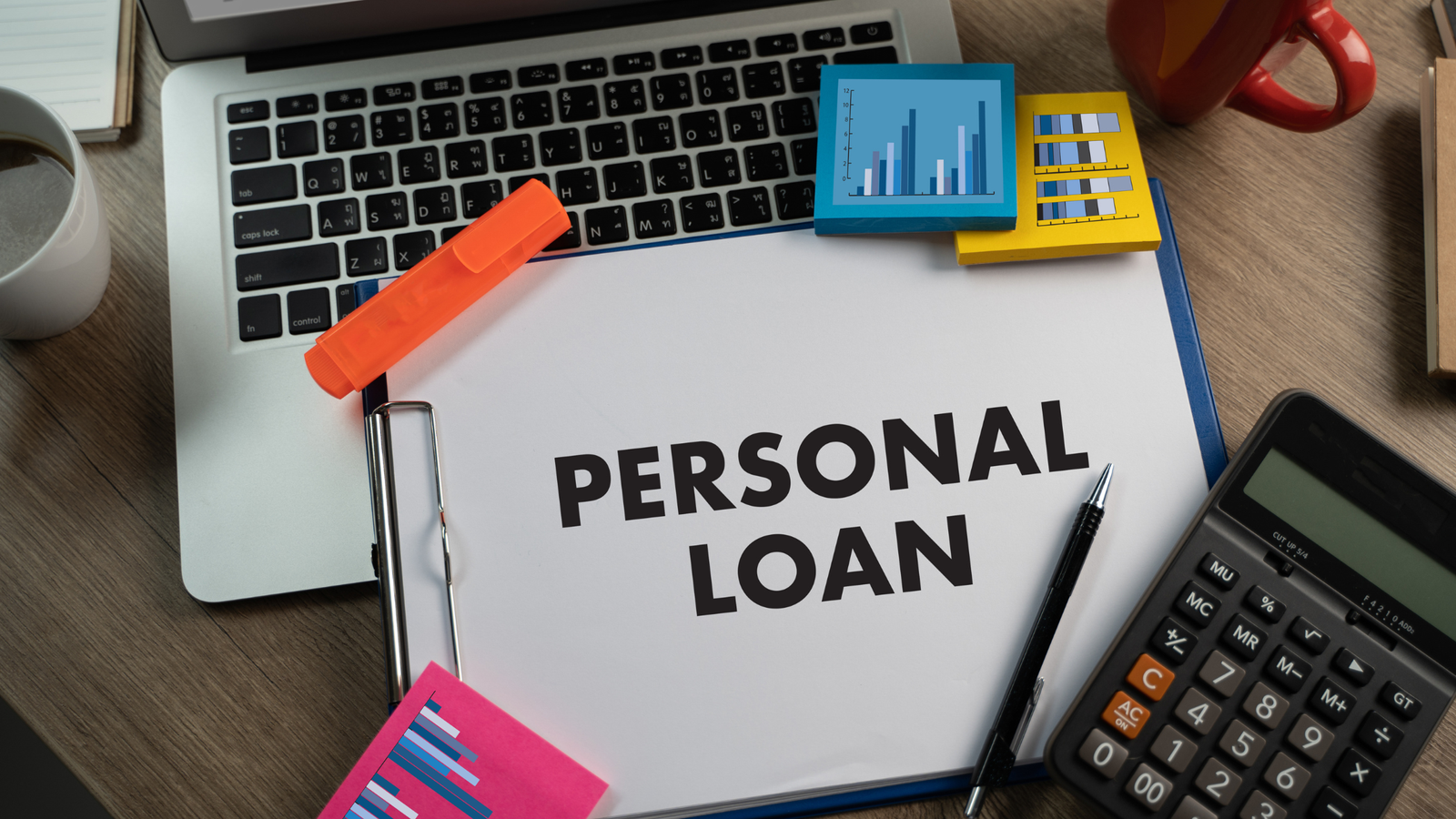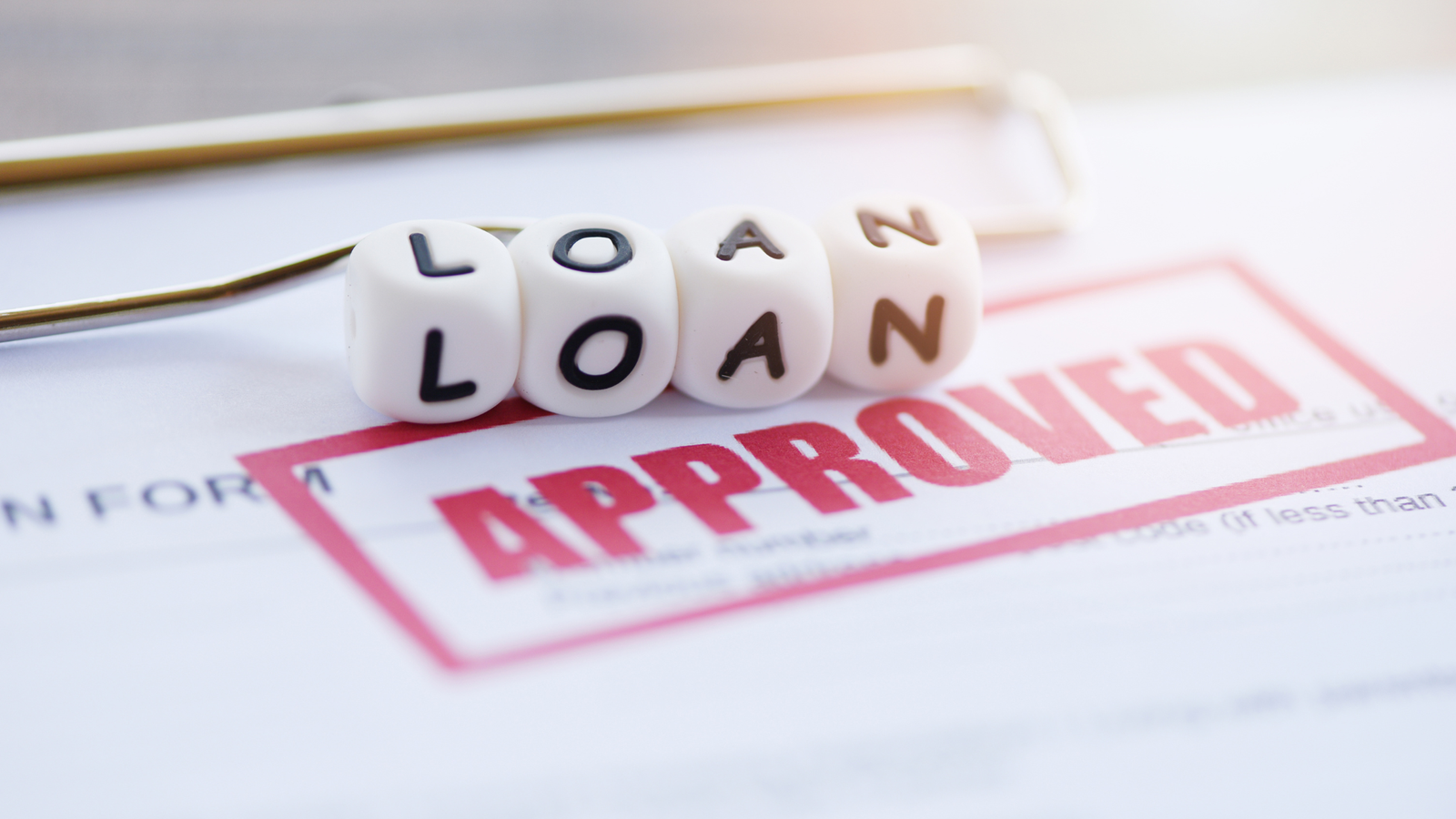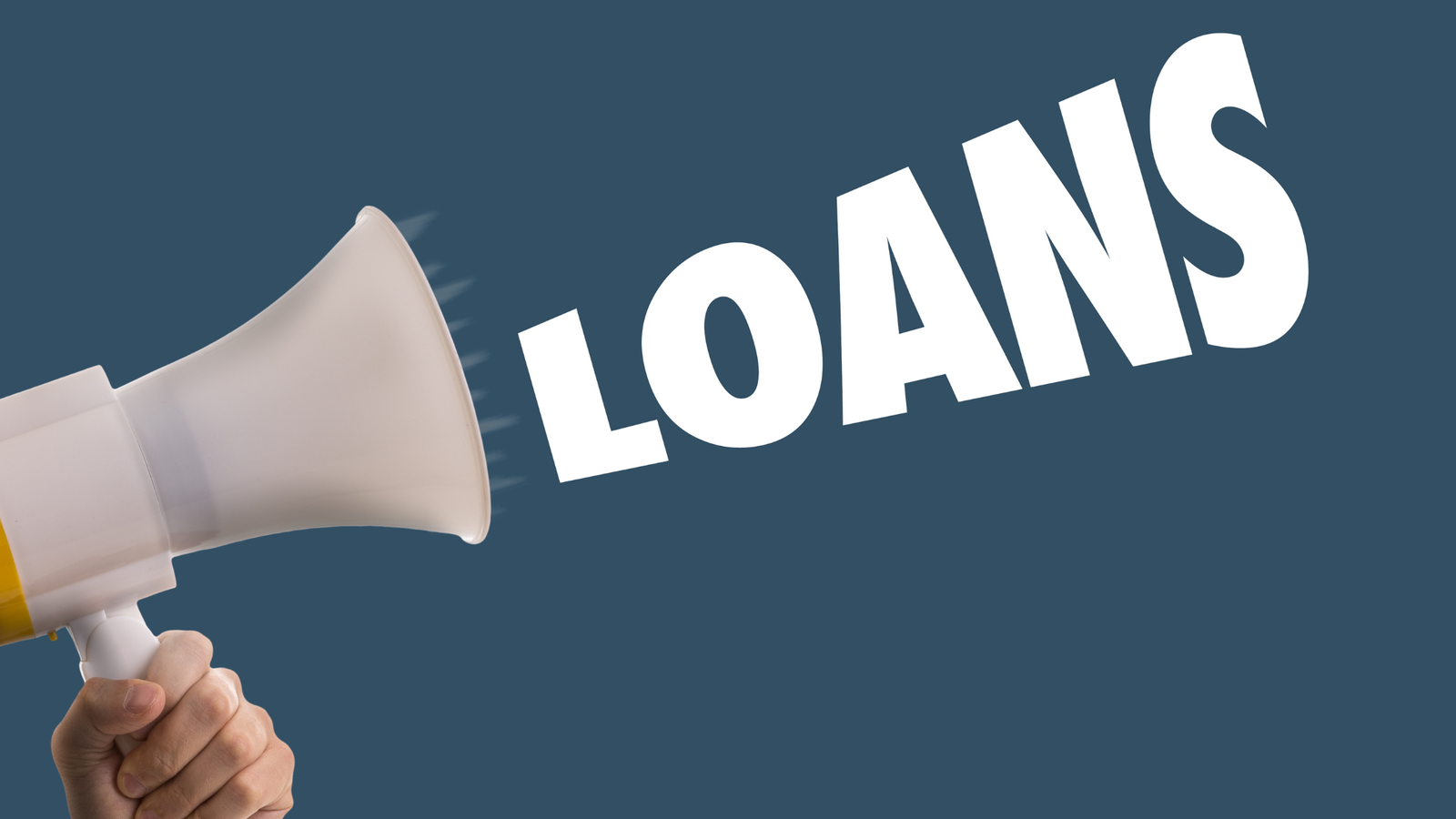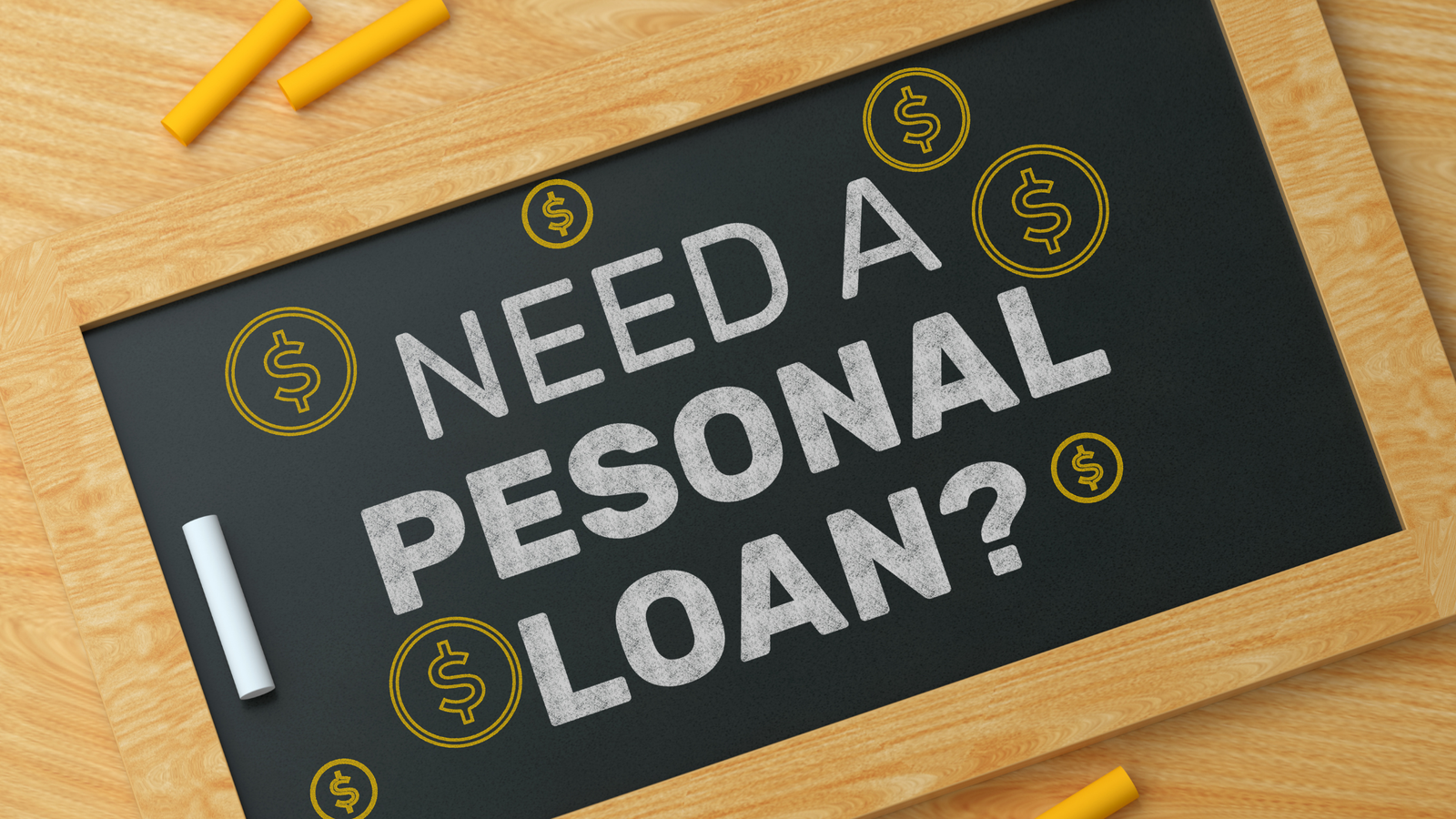Say you have to move or want to consolidate your credit card bills. Maybe you need a new car or just want some extra cash in case of emergencies– regardless of your needs, personal loans can help. However, just taking out a loan without knowing what you’re getting into can cause serious damage to your financial profile! Here’s everything you need to know about personal loans, including how they work and what to look for:
What is a Personal Loan?
“Personal loans” cover a wide umbrella: as long as you’re borrowing money from a bank, credit institution, or other lenders for personal reasons, you’re taking out a personal loan. Personal loans are usually smaller than mortgages or student loans and have a set period for repayment. They also may have lower interest rates than student loans or credit cards.
How do They Work?
Personal loans work by negotiating loan amounts directly with a lender. This could be your bank, an unaffiliated bank, or a loan company. To take out a personal loan, you’ll first need to fill out a loan application. If approved, you’ll receive your loan within a few business days through direct deposit or a check. Your lender will always specify how you’ll get your loan.
A lender determines your qualifications for a personal loan based on your financial history. You’re more likely to qualify for a bigger loan with lower interest rates if you have a high credit score. On the flip side, you may struggle to find a personal loan with a decent interest rate. If you have a poor financial history or no financial history whatsoever, a cosigner can help you qualify for a personal loan.
After you’re given your loan, you’ll need to start paying it back. Payments usually happen around once a month and have a set minimum payment amount based on your financial records. All aspects of repayment are detailed in your loan agreement with your lender.
The Pros and Cons of Personal Loans
Personal loans are great for building credit, but they can also severely damage your credit. Applying for a loan may temporarily lower your credit score by a small amount. As you pay the loan back, your credit score rises. If you continue making payments on time, your credit score will eventually rise above what it used to be! However, your credit score will fall if you continuously fail to make payments.
What Can I Use a Personal Loan For?
You can use a personal loan for, well, anything personal. You can do a lot with a personal loan, but most people use it to cover large, sudden expenses. For example, someone may take out a personal loan to help afford a new car or pay for a funeral, wedding, vacation, or moving expenses. They may also use a personal loan to pay off outstanding medical bills, consolidate credit, or pay off other overdue loans. Some people may even take out personal loans to pay for higher education, but we recommend looking into Federal Student Loans first.
Types of Personal Loans
Generally, there are four types of personal loans out there:
Secured Loans
These kinds of loans require collateral. While they have lower interest rates than other loan types, secured loans put some of your personal property on the line. Typically, secured loans use homes, cars, furniture, or other large, expensive items as collateral. If you fail to make a payment, your lender has the right to repossess the item. Secured loans are most often used when making large purchases for personal items (like furniture or vehicles).
Unsecured Loans
Unsecured loans don’t require any collateral, and they’re the most common type of personal loan out there. Under an unsecured loan, you may face higher interest rates and lower total loan amounts simply because there’s no collateral involved. However, these loans are incredibly common and easy to apply for.
Credit-Building Loans
The credit-building loan is an interesting one since lenders don’t directly give you your loan amount. Instead, you pay them small, fixed amounts each month that go towards a savings account under the lender’s control. The lender then reports your payments to credit bureaus. Once you’ve finished paying off the loan, you get your money.
Specialized Loans
Businesses typically offer specialized loans to help customers afford expensive items or services. For example, a furniture store may offer a specialized repayment plan for the $600 sofa you’re looking to buy, or a car dealership may offer its own in-house loans for customers to buy cars. Specialized loans are great in emergencies because they have high acceptance rates. However, they may have higher interest rates, too.
What to Look For in a Loan
When shopping around for a personal loan, there are some things you’ll need to keep in mind, too:
Upfront Costs
Always check to see if you have to pay application fees, loan acceptance fees, or other upfront costs.
The Application Process
Make sure the application process is smooth and that you understand all the terms on your loan application. Check and see if the lender has an application helpline, too!
APR
A loan’s APR (annual percentage rate) can help determine how much your loan will actually cost. Always compare and contrast APRs before taking out a loan.
Loan Amount and Payoff Term
Make sure you write down a loan’s amount and how long you have to pay it off. This will help with future budgeting.
Autopay Compatibility
Some people prefer autopay, since many lenders offer discounts for customers who use it. Autopay is also great for staying on top of payments if you tend to forget them.
Min and Max Payment Amounts
Check and write down your loan’s minimum and maximum payment amounts so you can budget for each month.
Collateral
Does your loan require an item for collateral, and how do they determine what item to use?
Remember, you’re not alone in your journey for financial independence– check out some more of our blogs to unlock your inner genius today!
Next Steps
Now that you’ve learned all about personal loans, take a look at our ranking of the best personal loan companies and quickly compare rates and find a loan that works for your personal situation.










